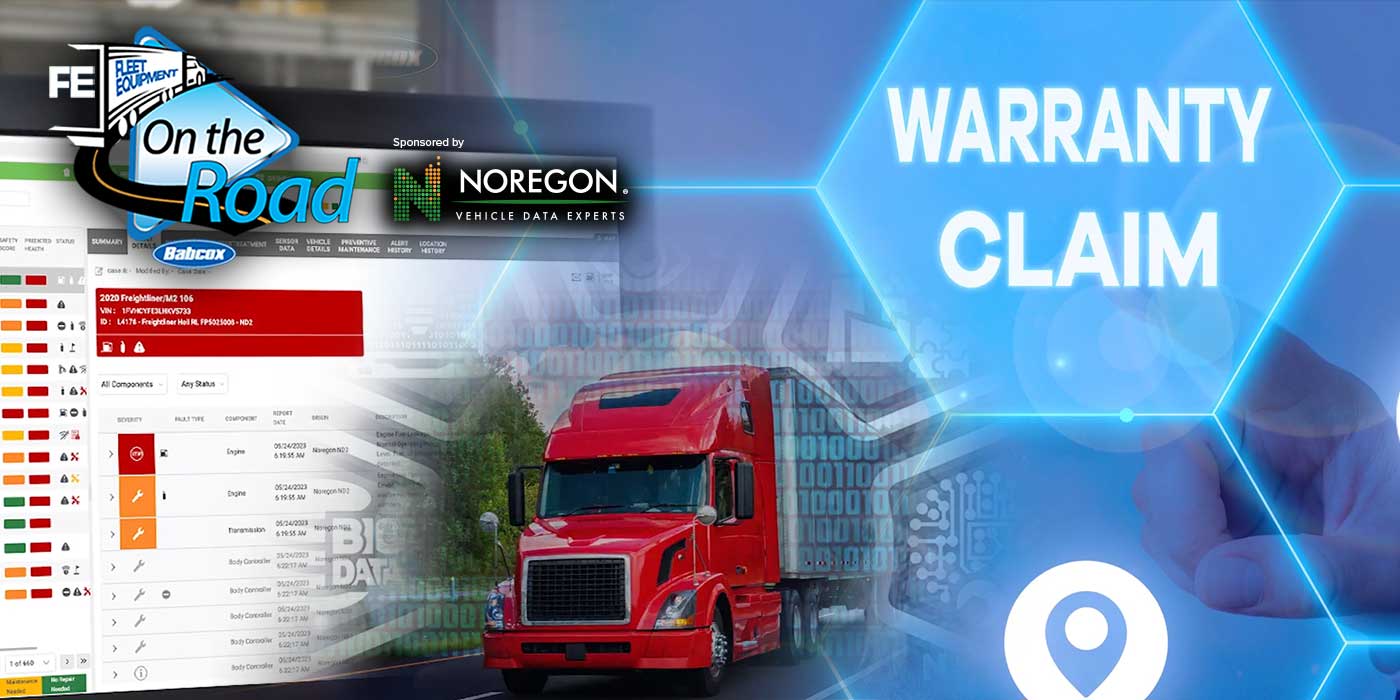For the right fleet, wide base tires may be what you’re looking for. But this only applies to a specific slice of the market, so you’ll want to make sure you have things right.
Adoption of wide base tires has continued to increase in the years since their entrance into the market in 2000. Still, they make up a relative minority of the market, and many fleet managers may still have questions about whether wide base tires are right for their fleet. So let’s get into the details.
The three main reasons a fleet might choose wide base tires are weight savings, fuel efficiency, and load efficiency. Wide base tires are more expensive, however, so the trade-off needs to be worth it.
In 2017, the North American Council for Freight Efficiency released a confidence report on wide base tires, and what they found was that wide base tires intended for the over-the-road line-haul market will save significant amounts of fuel when compared to tires that are not designed for low rolling resistance. Of course, exact fuel savings depends on application and other equipment. The report also found that wide base tires generally display lower rolling resistance when compared to equivalent dual tires, as well as up to a 1% reduction in overall vehicle weight—no easy feat.
As with all truck equipment choices, it all comes down to application. Tire experts say that wide base tires are best for weight-sensitive applications, including fuel haulers, bulk haulers, long-haul trucks, cement mixers and tanker trucks.
In a way, the decision is simple: the revenue generated by the wide base tires has to be greater than the cost. I know, I’m a real business wizard over here. So sure, that isn’t anything revelatory, but the question becomes: how do you find out if the tires will be worth it? Short of spec’ing them for a trial run, your tire manufacturer will be your most useful resource here. After all, they have a vested interest in you getting the most out of the tires you buy, and won’t want you out there with the wrong ones.
Fleet Equipment’s On The Road is sponsored by Noregon. Subscribe to our newsletter to catch every episode as we dive into the best practices and servicing information to keep your trucks On The Road.













